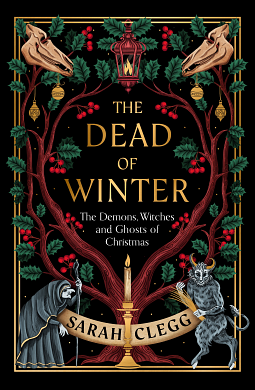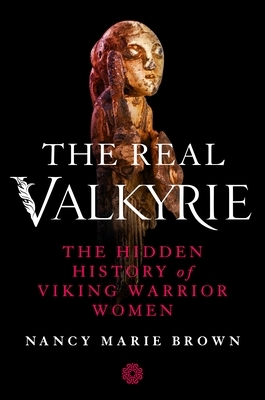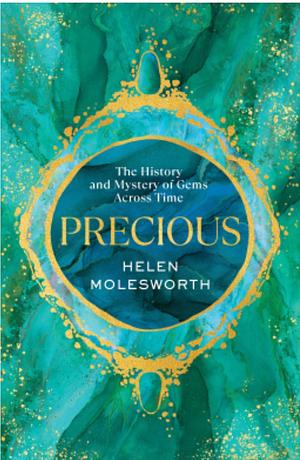
Digging For Richard III: The Search for the Lost King
by Mike Pitts
Genres: History, Non-fictionPages: 307
Rating:

Synopsis:History offers a narrow range of information about Richard III which mostly has already been worked to destruction. Archaeology creates new data, new stories, with a different kind of material: physical remains from which modern science can wrest a surprising amount, and which provide a direct, tangible connection with the past. Unlike history, archaeological research demands that teams of people with varied backgrounds work together. Archaeology is a communal activity, in which the interaction of personalities as well as professional skills can change the course of research. Photographs from the author's own archives, alongside additional material from Leicester University, offer a compelling detective story as the evidence is uncovered.
I know most about Mike Pitts as an archaeologist who worked at Stonehenge, so I thought he could bring some archaeology and objectivity to the story of the discovery of Richard III’s burial. And he has a go at it, though sometimes he’s still a bit too sensational and breathless, even as he reports Phillippa Langley’s naivety with a sort of fondness at it. If he wanted to steer clear of that, there could’ve been less focus on Langley’s intuitions (which, while apparently accurate in this case, are hardly a basis for good archaeology — and it’s easy to big them up in hindsight).
Still, he does discuss the relevant history, both the period and a little about the site, and talks about the process of getting funds and permissions for the dig, along with some of the details of the excavation and the order of finds, etc.
I’d say this book probably doesn’t add anything much new if you were interested in the excavation at the time, or got interested and read about it since, but it’s not bad if you don’t know what was going on, if maybe a little dry in places because it is an archaeologist’s perspective more than a showman’s.
Rating: 3/5










